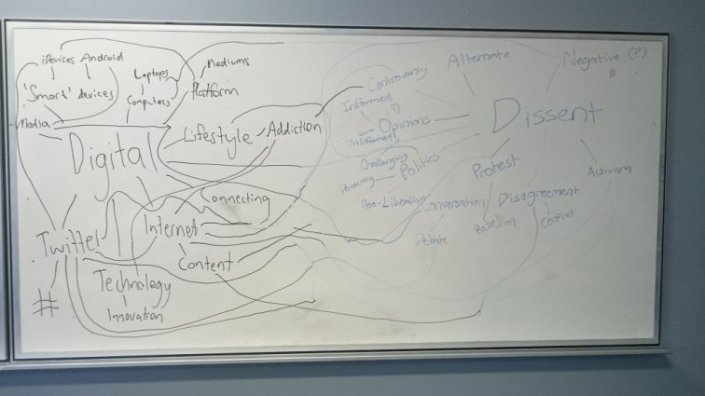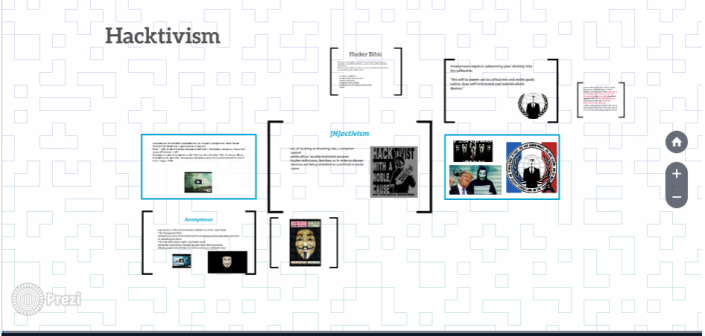DIGC210
#GetParked
These videos we a visual representation of the parking situation students at the University of Wollongong face if they decide to drive and park on campus. The day in the life video was a little project we thought would attract the attention of students on social media by generating a humorous and relatable video that would create word of mouth and stimulate discussion around the topic. We decided to film and actual search for parking before a class to add some authenticity to it. We showcased struggles people have with finding a spot in free zones, metered, and paid ticket parking as well as looking for people to take their leaving spot, asking around for carpool and how last resorts often stimulates anger as parks resort to a long way from main campus. This video aggregated content hoping to long tail effect the Facebook page and invite people to think they’re not alone in the situation.
The Vox pop was a primary research tool which we were able to ask students of UOW to voice their experiences, opinions and ideas about the parking dilemmas they’re faced with individually, that later showcased as the majority of the position on the topic. Another page promoter, this video allowed people to openly voice their opinions without people taking down their comments and suggestions, but rather publish them and analyse them.
Firstly, people were asked, describe UOW parking for them individually. From the results we saw the main talking points discussed were the price of parking being too expensive for a university student budget, especially P1. Some students also detailed that they were forced to park on the surrounding suburban streets, often away from campus resulting in them being late and/or exhausted mentally and physically for their day ahead. Another was that a big thing affecting uni was the cheating methods of carpool. Finding last minute carpool help when they didn’t have enough people for traditional carpool entry, vice-versa getting pulled out of class themselves to help in need friends who are late and need the convenience of carpool parking. Parking is “one of the biggest struggles of going to university” one student was quoted on saying.
Next we questioned “how long did it take you to find a park today?” hoping to get some reaction content, rather than generalised comments on time periods. We had a response of approximately 20-45mins taken for our surveyed group to find a park at Uni on that day. One result quoting a 45min search for a park, added that she also lived only 5mins away. Another quantitative response was that students get to uni at around 8:30am just to find a park regardless of their start times upwards of 10:30am.
Lastly, we asked them to voice their suggestions that had a lot of overlap but were taken on bored none-the-less. More parking was an obvious one, however some went into more detail, such as better uses of space. This elaborated into the suggestion of P4 being completely utilized for carpooling or general carpool expansion. Multi-story car parks were said to be a good idea and were encouraged for future renovations. A monetarization of people parking and making sure they are doing so correctly that would mean no space is wasted was also something that people want to see improved at UOW. The cost was another point made, that current prices should be reduced to accommodate a university students budget as well as students being able to have access to purchasing their own permits similar to staff if they could. Budgeting the university’s spending was an interesting find, with the re-branding of UOW corporate image being a hot topic with students who think the funds could be pointed at carpark issues.
Lastly, we had a discussion off camera with a university staff member who didn’t wish to be identified who suggested that the university provided a financial incentive for staff to park at home. Basically, the uni would pay willing staff to keep their car at home and take public transport, even if it’s just the cost of the permits that they have to buy anyway would be enough. This way, the majority of the car spaces taken by staff permit holders would be free for students. An interesting viewpoint to go amongst our results.
Hacktivism & Anonymous
My Prezi that looks at internet hacktivism and how the influences of computer hacking users have seen the rise of the group “Anonymous“.
Digital Dissent & Technology
Continuing a path of digital immersion, I find myself writing about what Digital Dissent means to the way media and communication is delivered and theorised. By creating a simple mind map, a bunch of peers and myself were able to break down the differences in the two words and build a connection to the words associated all the way back to the originals (Digital/Dissent) and discover that the two are linked in almost every way.

Technology seemed to be linked to the digital side, with the dissent focusing on the verb side of the phrase “digital dissent”. What can be done with the technology or words that are thought of when thinking digital. An interesting direction due to the reading by J, Hands focusing a lot early on about the Agency of technology and how it can’t always just e referred to as an object in space. He explains the way on one hand the technology is manipulated by us and we tell it what to do, but also how the technology shapes us, and can almost run our lives for us. This can be expanded with what the class drawing this mind map came up with subheadings for digital such as “lifestyle” and further “addiction” linking then to controversy. I found that a really interesting point of view in which I agree that some forms of technology can shape the way we act, but I don’t agree its all negative or controversial, it’s just evolution.
A video that shows an objects agency perhaps the best in my opinion is the idea of the “internet of things” and a video called The Social Web Of Things that shows how a house can be linked to the human world of social media in order to operate autonomously.
Lastly, some topics I’m really looking forward to exploring further is Digital Means for Civil ends, as I detailed in a short oral presentation, I’ve been interested in the past on topics such as “CamOver” and “anonymous” which both look at hacktivist groups and the idea of cyber-anonymity which could convert into a really interesting piece that people perhaps aren’t fully aware of that’s happening.
Don’t forget to head over to my Twitter page and give me a follow! @samnoakes95
Hands, J 2010, ‘Activism and Technology.’ @ Is for Activism: Dissent, Resistance and Rebellion in a Digital Culture, Pluto Press, London, GBR. Available from: ProQuest ebrary.

